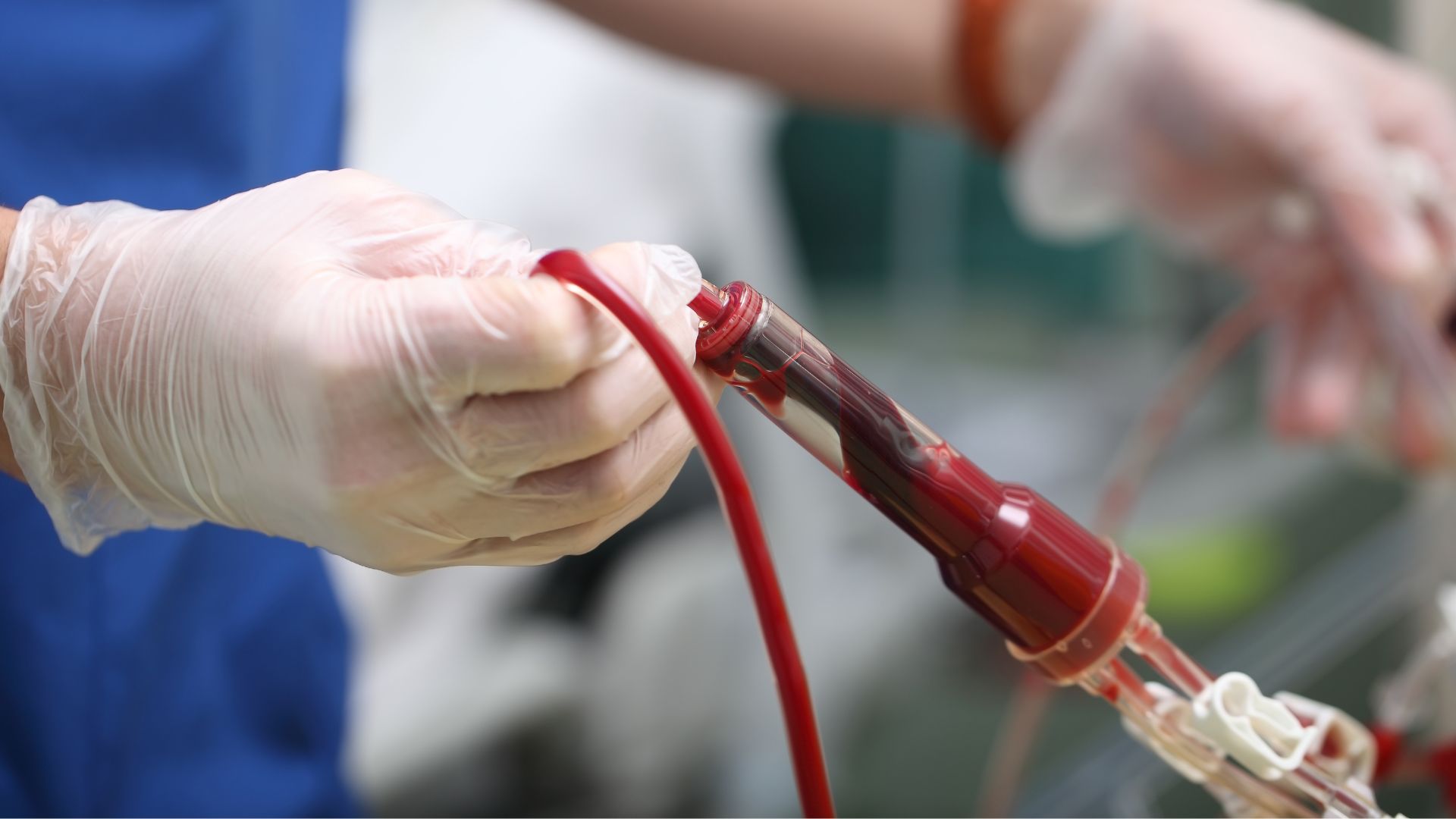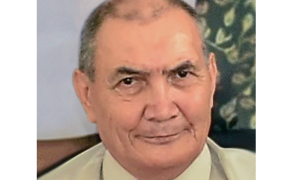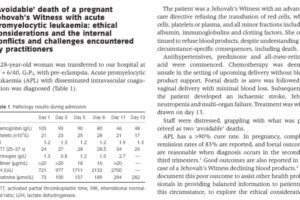ROME – “In principle, being able not to transfuse is the best thing there can be for anyone. If blood loss control is done, the metabolic homeostasis, which indicates the general internal condition of the patient, is better because every time you give a transfusion you have a blockage of the patient’s immune system for two to three days and increase the risk of infectiontherefore the control of the patient’s blood losses must be a must for everyone”.

Professor Rodolfo Capanna, surgeon expert in orthopedics and traumatology, former president of the European Association of Musculo Skeletal Transplantation (Eamst) and of the Italian Society of Orthopedics and Traumatology (Siot), and director of the UOC of Orthopedic Oncological and Reconstructive Surgery at the Cisanello Hospital in Pisa, also awarded among the best doctors in Italy at the “Top Doctors Award”, has no doubts. Interviewed by Dire he states that avoiding transfusions would be to everyone’s benefit.
A journey that began thanks to Jehovah’s Witnesses who, for reasons of religious belief, do not give their informed consent to transfusions even in emergencies and who, thanks to the constant work of their health care committees, have opened a gateway into the medical world.
TRANSFUSION AND RISK OF CANCER RECURRENCE
“In a cancer patient, transfusion can increase the risk of recurrence but above all of infection and in that case the chemo treatments are skipped if you have an infection – explains the surgeon – On the other hand, even the personal response to the tumor with too severe anemia leads to other consequences and therefore it is necessary to balance the case by chance,” he continues.
In his career, he says, “I have operated on hundreds of Jehovah’s Witness patients both over the many years at Rizzoli, both in Florence and in Pisa, and we have always tried to respond to their requests and in the vast majority of cases we have succeeded”.
WHAT TO DO IN THE OPERATING ROOM
The remedies to be prepared in the operating room in order not to reach full-blown emergencies are: “In extreme situations with rapid and massive losses of blood, there is a risk of losing the patient, but in planned surgery you can implement many strategies as a preoperative therapy with erythropoietin, hypotensive anesthesia, you can do – continues Capanna – the intraoperative recovery of blood losses and there are technologies to make patients bleed less, from balloon catheters in large vessels, to cryotherapy. If there is a large tumor mass, there are probes that freeze itand also haemostatic glues to avoid bleeding from the great vessels”.
Professor Capanna faces a very demanding surgery involving tumors of the bones and soft parts: “It is a surgery of necessity and demanding both for the removal of the tumor and in the reconstructive part which requires massive donor transplants, mega prostheses, 3D prostheses, or microsurgery with very long and complex interventions with vascular reconstruction or large demolitions of the pelvis, but also for more general orthopedics, such as knee or hip prostheses; in these cases the critical hematocrit represents a problem ”, he points out, drawing attention to how much it is necessary to do everything possible to never find oneself in those emergency conditions.
THE RESISTANCE OF SOME DOCTORS
Do doctors resist saying goodbye to transfusions? “There is no longer a prejudice – according to the professor – I believe that for a psychological question the doctor always has before him the risk that the patient, even for a trivial operation (if an artery breaks, there is a hypotensive collapse , something unexpected), may die and the need to have a life-saving transfusion is an unavoidable thought for the doctor. Everyone has his creed. As a doctor, I cannot conscientiously accept that my patient dies during an operation, but – explains Capanna – if one tries to restore blood volume and oxygenation at all costs, if one puts into play everything I was saying, one cannot you get to put yourself in that extreme situation and therefore those who refuse transfusions feel sure that you will do everything not to do it and this creates trust and harmony”.
THE HEALTHCARE COMMITTEES OF JEHOVAH’S WITNESSES
In this regard, Capanna commented the experience of collaboration with the health care committees of Jehovah’s Witnesses as “very positive”. A moral obligation is assumed with a patient who does not authorize a transfusion, and as a doctor I accept this belief of theirs. Some doctors do not accept this condition, “they claim to be authorized to carry out transfusions – comments the professor – but if one stiffens in one’s positions, trust is lost”, he concludes.



